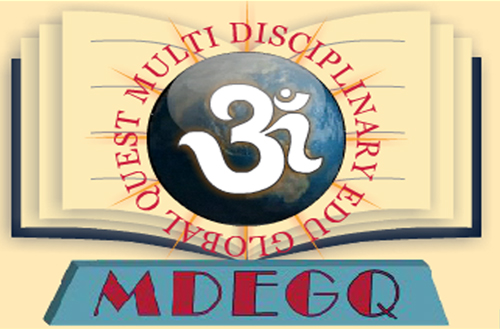Teaching Educational Psychology: Practices And Outcomes
Education helps to provide exposure and draw out the inherent abilities of an individual leading to holistic development. Thus, education is a process of an individual’s development. Home is the first school of an individual wherein parents play a major role.. Different psychologists have categorized the age limit of an individual stating the different stages. The child takes admission in the school and gradually it becomes a second home. The teacher plays a role of the parents. The task becomes even more challenging since the teachers play a role of ‘counsellors’, ‘guides’, ‘parents’ and ‘teachers’ of not one but many students. To accept the challenge & to understand the child easily the knowledge of child psychology has great relevance. Child psychology is the scientific study of the individual from his prenatal beginning through the early stages of adolescence. It is a positive and progressive science which studies the behaviour of a child vis-a-vis the child’s environment. In the present study, the researchers have focused on enabling the student teachers to understand the classroom situations vis-a-vis the learner, the learning process and the learning situation. The study focused at relating the teaching learning situations with the learner’s psychology and environment. The major concepts of child psychology were taught to the pre-service teachers through classroom activities. For the present study a set of psychological activities were used with an objective to make student teachers understand child psychology. The design of the study was pre-experimental one group pre-test and post-test design. The population comprised of the student teachers of B.Ed. Colleges in Gujarat. The sample comprised of 100 student teachers selected using Convenient sampling technique. The tools used to collect data were achievement tests namely pre-test and post-test based on Psychological concepts, situational tests. The data was analyzed qualitatively and quantitatively using t- test and content analysis. The major finding of the study indicated that psychology activities were found to be effective for understanding the child/ learner psychology.
